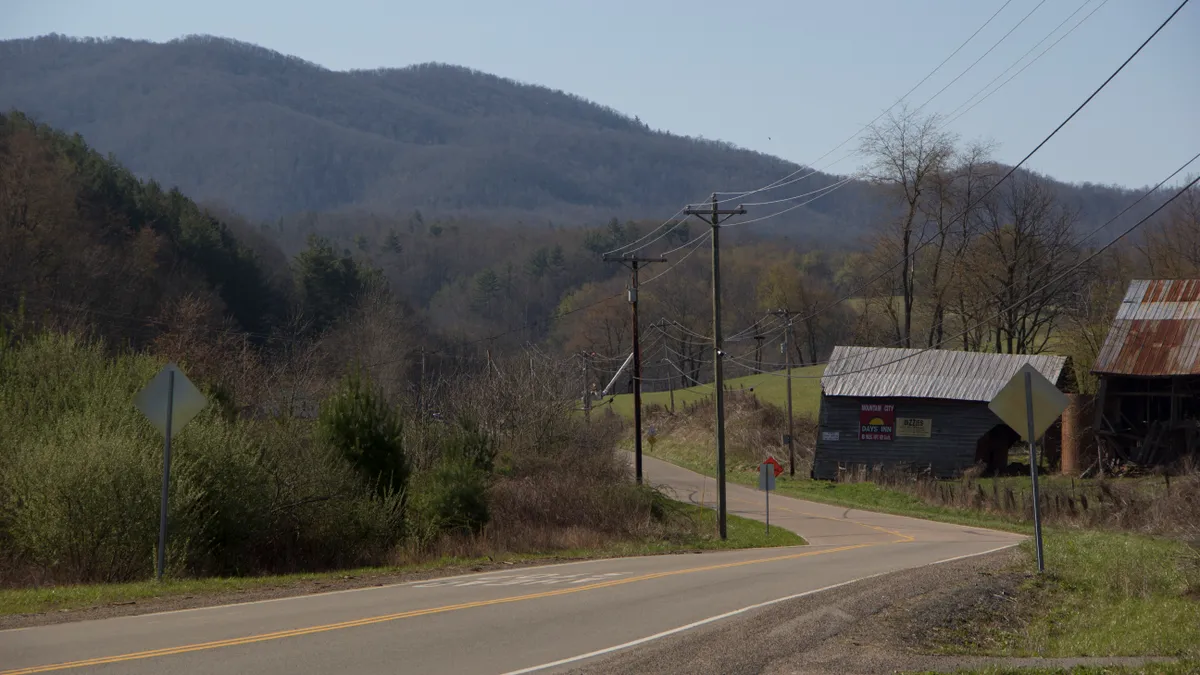Dive Brief:
- The U.S. Department of Agriculture is providing loans and grants to North Carolina rural electric cooperatives to help boost energy efficiency, investments which help the power providers lower peak demand and reduce wholesale costs.
- Southeast Energy News reports on the trend, noting that North Carolina is tops in the nation for providing loans and grants through the U.S. Department of Agriculture's Energy Efficiency and Conservation Loan Program.
- The benefits of upgrades extend past a customer's power bill: According to the North Carolina Energy Efficiency Alliance, homes which are Energy Star-certified sell on average almost 90 days faster and for more than $5,500 more than code-built homes.
Dive Insight:
North Carolina cooperatives are embracing loan and tariff programs offered through the USDA to help customers take on efficiency projects that otherwise might prove too expensive in upfront costs.
"One of the big barriers is the upfront capital costs. Specifically for these co-ops, because they are in rural areas, they’ve found that in lower-income communities the percentage of income going to energy is high," Southern Alliance for Clean Energy's Jennifer Weiss told Southeast Energy News.
In 2014, North Carolina received $108 million from USDA's efficiency loan program.
While the loans can help lower customer bills immediately, and potentially lower wholesale costs as well by lowering peak demand, research shows efficiency upgrades are also a boon to home values.
North Carolina Energy Efficiency Alliance's research compared a random sample of Energy Star-certified against homes with similar homes with no building certifications. More efficiency homes "were found to have a statistically significant market advantage compared to similar code-built homes," the group found. "ES homes sold for significantly higher sales prices and higher prices per square foot. Additionally, they sold almost three months faster on average."
Certified homes sold for almost $3 more per square foot, NCEEA found.















